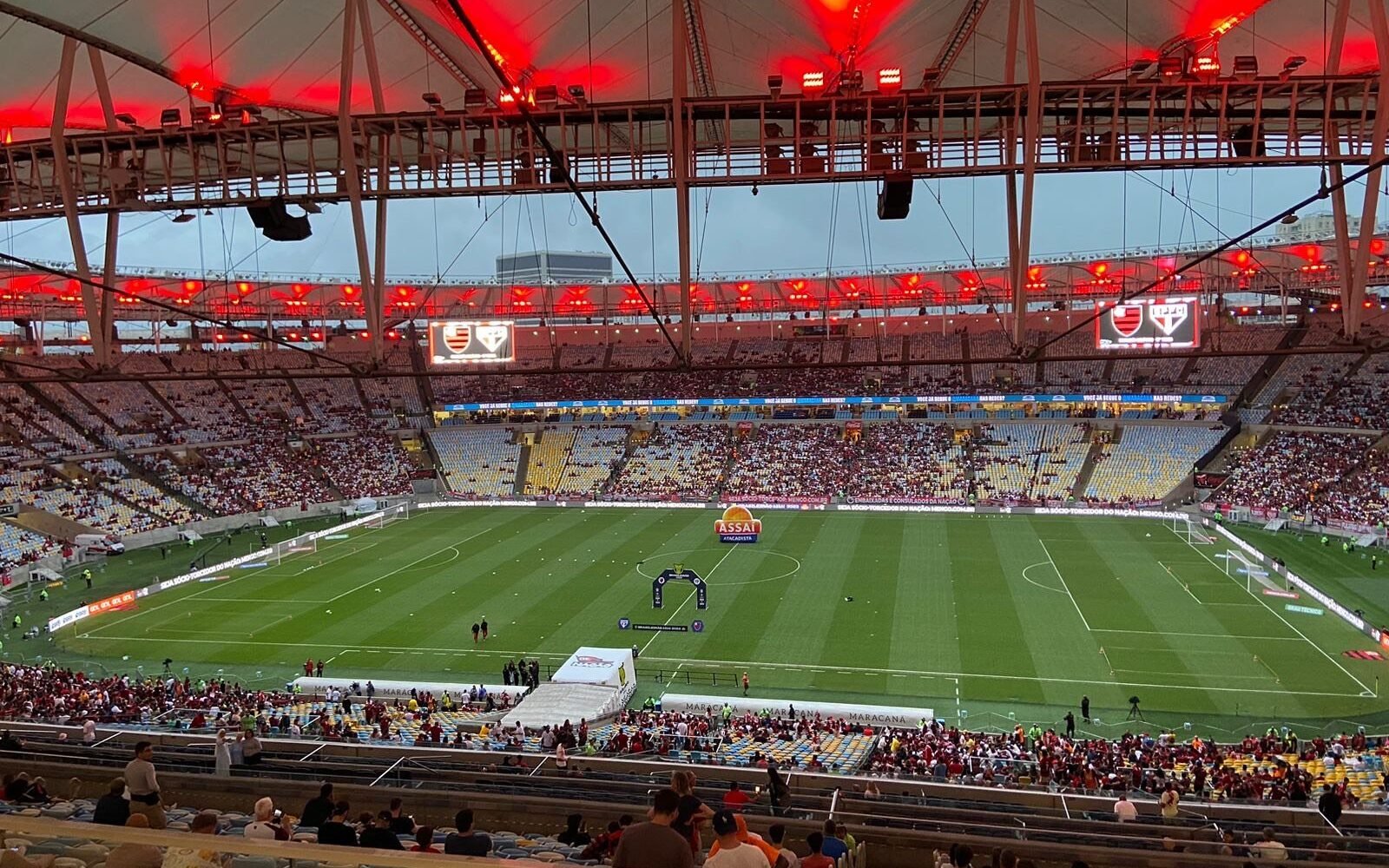Author: Vishwajit Sawant
A controversial dispute arose between Flamengo and the South American Football Confederation (Conmebol) ahead of the Libertadores final. This disagreement is centered on Flamengo’s insistence on not changing the scheduled match against Bragantino to the 28th or 29th at the Maracanã stadium in Rio de Janeiro, just before the crucial clash between Boca Juniors and Fluminense.
The situation caused widespread frustration, with irritation spreading from Conmebol’s headquarters in Luque to Fluminense’s base in Laranjeiras. In order to resolve the issue and reach an agreement, the Brazilian Football Confederation (CBF) recently presented Conmebol with the reasons why Flamengo needs to adjust its plans. CBF president Ednaldo Rodrigues even traveled to Conmebol’s headquarters in Paraguay to discuss the matter.

The crux of the matter lies in a previous agreement for Flamengo to take part in the FIFA matches on this date against Bragantino, without interfering with preparations for the Libertadores final. However, the CBF pointed out the criterion of three consecutive away games for Bragantino and negotiated a later rescheduling for the Flamengo game at the Maracanã, causing this unforeseen crisis.
Unlike the situation in 2020, during the Libertadores final between Palmeiras and Santos, Conmebol has now requested the Maracanã stadium directly from the Rio de Janeiro state government. Although the venue has been under provisional concession to Flamengo and Fluminense since 2019, the terms and conditions of that agreement have changed significantly, and there has been no formal signing of the contract published in the Official State Gazette.

Furthermore, an additional dispute concerns the allocation of VIP boxes. Conmebol has claimed all the third-floor boxes on the west side, while the Maracanã consortium, of which Flamengo is the main beneficiary by contract, is currently negotiating the boxes on the east side and the second floor. These cabins have a high price tag of around US$1,500 per seat, with each cabin accommodating 20 seats, and can cost an impressive US$150,000 per cabin. Despite the high stakes, sales have yet to begin and pricing details have not been released, adding another layer of complexity to this tumultuous situation.


